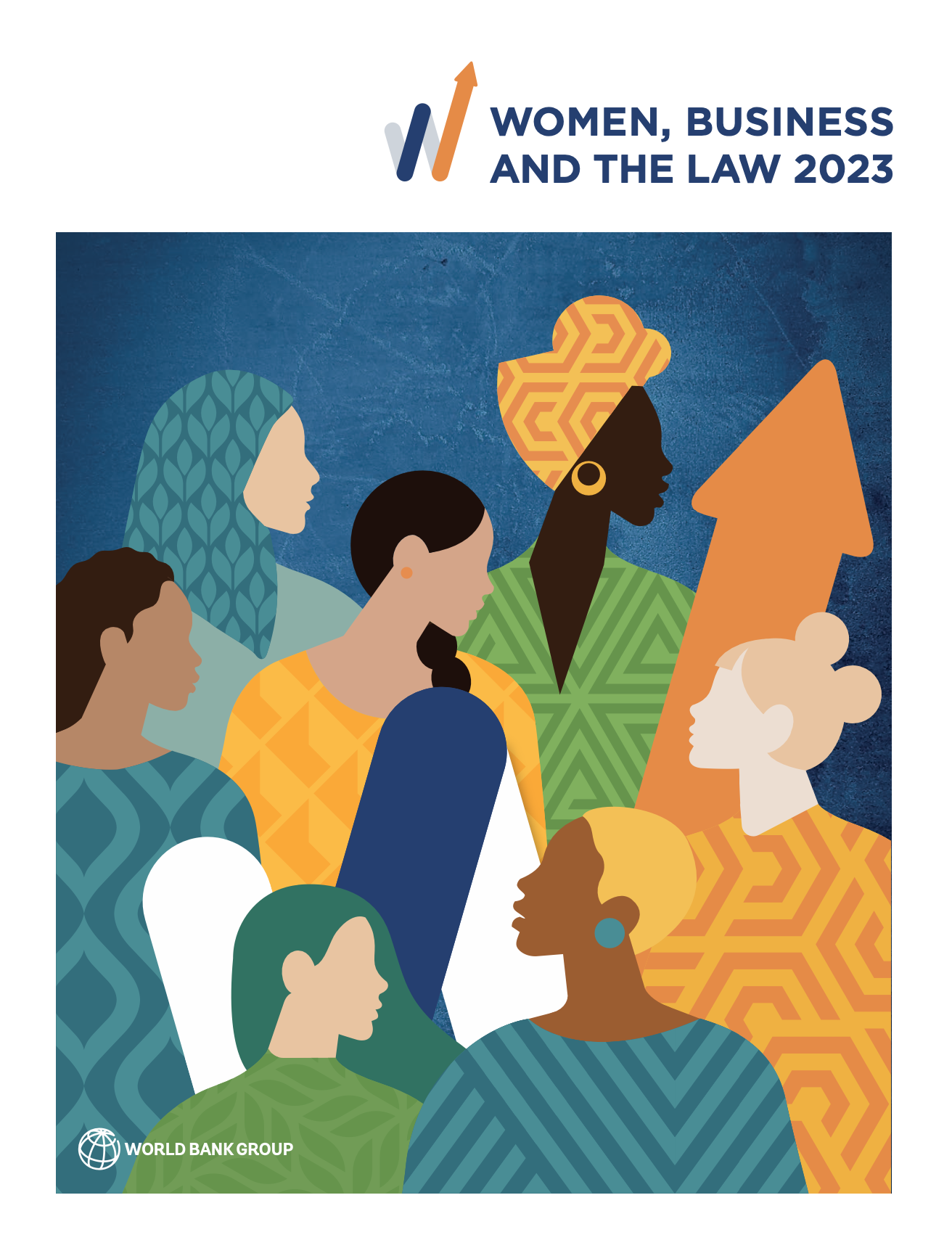Economies thrive when everyone can contribute. Years of research from the International Monetary Fund, the World Bank and others have found that greater gender equality boosts economic growth, reduces income inequality and makes an economy better able to withstand disruption.
Yet, armed with this knowledge, just 14 of 190 countries offer full legal protection to women, according to Women, Business and the Law 2023, the 9th annual study by the World Bank of laws affecting women’s economic opportunity.
The study evaluates laws around eight indicators, on a scale of 1 to 100, that have profound effects on women’s ability to participate in the workforce: mobility, workplace, pay, marriage, parenthood, entrepreneurship, assets and pension.
The countries that scored a perfect 100, where women have equal legal standing with men on all eight indicators, won’t surprise you. They are all high-income economies: Belgium, Canada, Denmark, France, Germany, Greece, Iceland, Ireland, Latvia, Luxembourg, the Netherlands, Portugal, Spain and Sweden.
The U.S. clocks in at 91.3 along with Albania, Malta and Taiwan, falling just below Costa Rica, Hong Kong and Kosovo, and just above Bulgaria, Mongolia and Romania. The lowest scores belong to countries in the Middle East and North Africa. Two countries regressed: Afghanistan and Saudi Arabia.
By the World Bank’s calculations, 2.4 billion women live in economies that don’t grant them the same rights as men. The number is staggering, but statistics never tell the whole story.
Our reporters at The Fuller Project have chronicled how the COVID-19 pandemic pushed a record number of women out of the workforce as they grappled with a lack of childcare, and how the disruption led to a financial pandemic as women bear the uneven burden of inflation. They spoke with women in Argentina, Sri Lanka, Peru, Lebanon and Kenya to understand the personal challenges of rising fuel and food prices.
As the World Bank’s Chief Economist Indermit Gill writes in Women, Business and the Law 2023: “Empowering women is not just a matter of social justice. It is a prerequisite for economic development, especially at a time when global growth is slowing and economies will need to summon all of their productive energies to generate a lasting recovery from the crises of recent years.”



